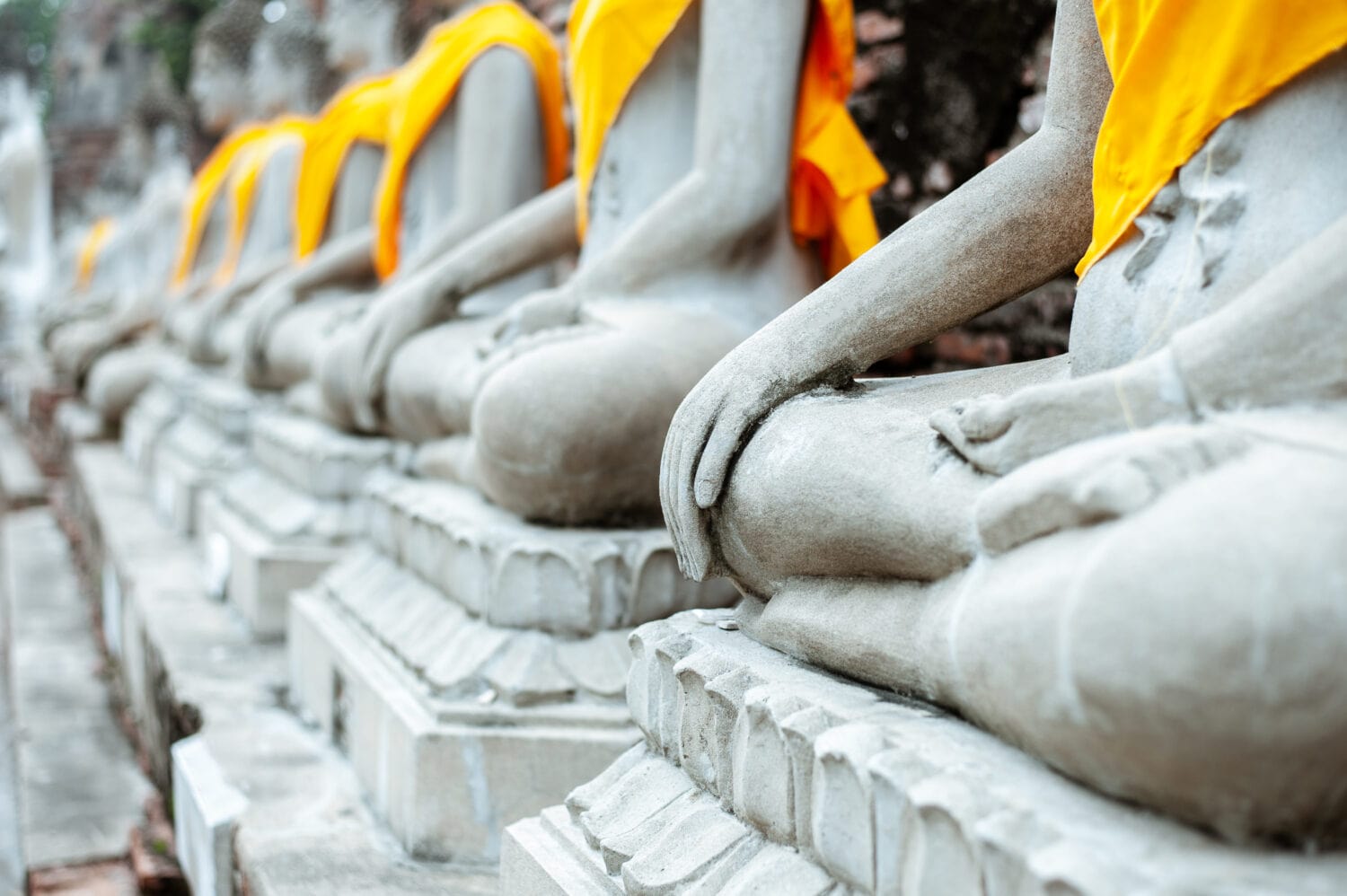
Across the eons, humankind has been captivated by the subtle yet powerful act of breathing. While modern wellness circles may seem abuzz with breathwork techniques, our reverence for breath is deeply rooted in age-old traditions, spanning both East and West. Dive into Western history, and you’ll discover that breath has always held a paramount position, reflecting in our philosophical musings, spiritual scriptures, and medical revelations.
In the Beginning: Breath of Creation
The Bible beautifully captures the quintessence of breath as the primal life-giving force. Genesis paints a vivid image: “God formed a man from the dust of the ground and breathed into his nostrils the breath of life, and the man became a living being” (Genesis 2:7). Beyond its theological significance, this passage symbolizes the idea that breath is fundamental to life and vitality. The act of divine breathing embodies the intimate connection between life and spirit, etching breath as a symbol of both existence and essence.
Socratic Wisdom: Breath and Self-Reflection
The Athenian sage, Socrates, constantly urged self-reflection, encapsulated in his adage, “An unexamined life is not worth living.” Even though he was not explicitly speaking of breath, his emphasis on introspection aligns seamlessly with the principles of breath awareness. Observing one’s breath offers a doorway into self-examination, providing insights into our internal landscapes and the undulating rhythms of our being.
Plato’s Musings: Soul, Cosmos, and Breath
Dwelling further into philosophical terrain, Plato frequently broached the subject of the soul. In ‘Timaeus’, he elegantly connects the human soul with the grandeur of the cosmos, highlighting an intrinsic rhythm shared between them. Breath, in this context, emerges as the harmonizing force, binding the ethereal soul to the tangible body. Delving into breathwork, then, becomes a venture of aligning our internal cosmos with the vast expanse of the universe.
Hippocratic Healing: Breath as Vital Force
Venturing from the ethereal realm of philosophy to the tangible domain of medicine, the ancient Greeks showcased profound knowledge about breath’s therapeutic potential. Hippocrates, the pioneering figure in medicine, emphasized the indispensability of air and breathing for health. It’s conceivable that these early medical luminaries recognized regulated breathing as an invaluable tool for well-being.
A Confluence of Thought
Today’s diverse breathwork techniques – from structured medical methods to those infused with spiritual ethos – draw from a deep well of global traditions. As we explore and reintroduce these practices, it becomes evident that our understanding isn’t tethered solely to Eastern perspectives. The West, in its own right, offers a rich mosaic of traditions and wisdom centered around breath.
In sum, throughout Western civilization’s rich tapestry of thought – from the spiritual to the philosophical and medical – breath has been a constant, revered presence. As we engage in conscious breathing, it’s uplifting to realize that we are participating in an age-old ritual, deeply woven into the very fabric of human history and wisdom.
For a great example of a classic breath technique, check out The Hippocratic Breath



